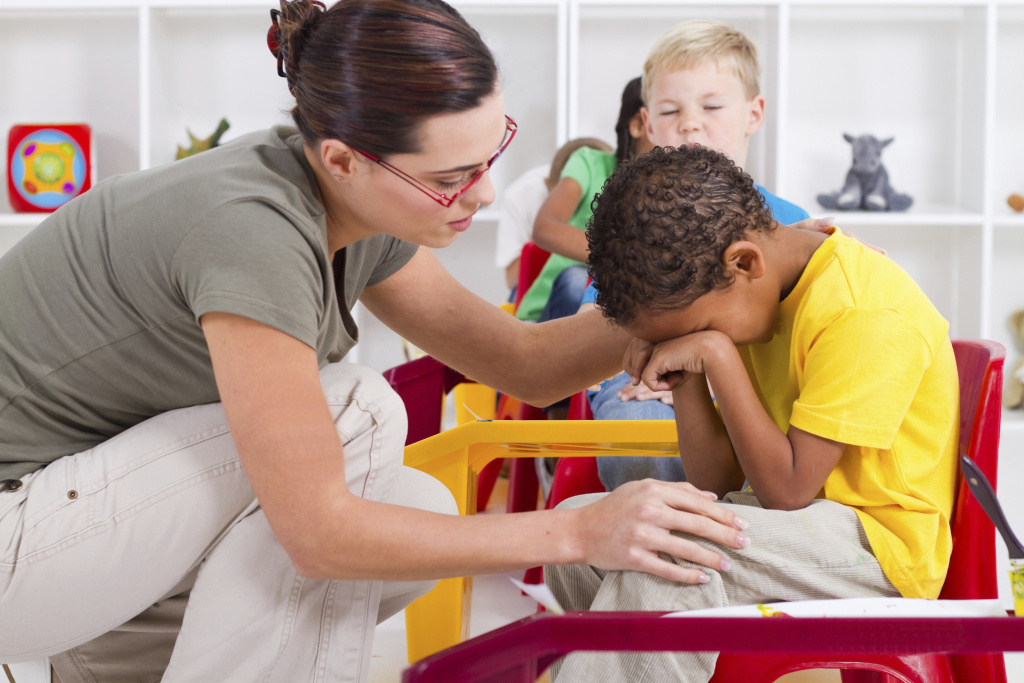
In a world of selfish genes and survival of the fittest, where nice guys finish last and to care is seen as weak, what place is there for empathy in society? Well, quite a lot as it happens. Empathy plays a more important part in our lives than we might think; it is a fundamental part of our development and without it, society would decline and fall.
Empathy is about putting ourselves in another’s shoes, understanding others’ perspectives. It is essential if society is to work, and it is a fundamental skill for the individual who wants to succeed at life. We need empathy to embrace differences, build relationships and communicate effectively.
What has this to do with the classroom? Research has shown that children who are highly empathic tend to do better academically, in friendships and relationships, and later, are more likely to have successful adult careers. They are also more likely to be viewed as leaders by their peers. On the other hand, those children who are deficient in empathy are more likely to have problems in the classroom, in communicating with others and with their relationships. When a child’s empathic sensors are misfiring, he is more likely to later become involved in criminal, abusive or violent activity.
Why do we need empathy?
Empathy is in our genes, says Bruce Perry. ‘We are genetically predisposed to care for others.’ But it is an individual’s experience, a lifelong process of interaction with others, that determines the extent of our empathic capabilities.
Empathy is embedded into our biology, and the visible expression of it in a very basic way can be seen in us right after birth. From very early on in life, babies can imitate others’ facial expressions. A mother might stick out her tongue and baby will copy. In a very fundamental way, this mirroring is the faculty on which our ability to empathise rests.
Empathy emerges from the development of our stress response systems. Various hormones – oxytocin, dopamine and endogenous opioids – enable a child to bond with his carer, which allows his stress response system to grow. By soothing him, a mother will help him learn to comfort himself. Later on, this skill will enable him to comfort others. It is the repeated modelling and encouraging of empathic behaviour by carers that enables it to become part of the child’s behaviour. His relationship with his mother shapes the way he perceives and responds to the world, and how he forms and maintains relationships, but it also affects a baby’s ability to control his responses to feelings, thoughts and experiences. If we lack empathic experience, our stress systems don’t mature and we cannot regulate ourselves nor can we recognise the needs of others.